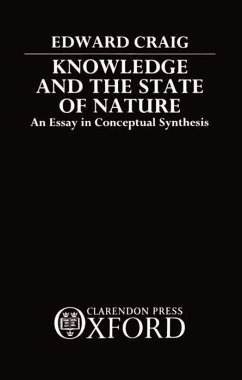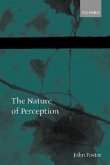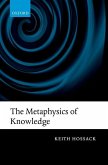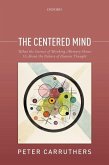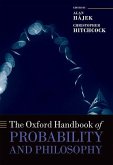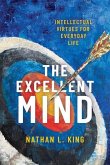The standard philosophical project of analysing the concept of knowledge has radical defects in its arbitrary restriction of the subject matter, and its risky theoretical presuppositions. Edward Craig suggests a more illuminating approach, akin to the 'state of nature' method found in political theory, which builds up the concept from a hypothesis about the social function of knowledge and the needs it fulfils. Light is thrown on much that philosophers have written about knowledge, about its analysis and the obstacles to its analysis (such as the counter-examples of Edmund Gettier), and on the debate over scepticism. It becomes apparent why many languages not only have such constructions as 'knows whether' and 'knows that', but also have equivalents of 'knows how to' and 'know' followed by a direct object. Thus the inquiry is both broadened in scope and made theoretically less fragile.
In this illuminating study Craig argues that the standard practice of analyzing the concept of knowledge has radical defects--arbitrary restriction of the subject matter and risky theoretical presuppositions. He proposes a new approach similar to the "state-of-nature" method found in political theory, building the concept up from a hypothesis about its social function and the needs it fulfills. Shedding light on much that philosophers have written about knowledge, its analysis and the obstacles to its analysis, and the debate over skepticism, this compelling work will be of interest to students and scholars of epistemology and the philosophy of language.
In this illuminating study Craig argues that the standard practice of analyzing the concept of knowledge has radical defects--arbitrary restriction of the subject matter and risky theoretical presuppositions. He proposes a new approach similar to the "state-of-nature" method found in political theory, building the concept up from a hypothesis about its social function and the needs it fulfills. Shedding light on much that philosophers have written about knowledge, its analysis and the obstacles to its analysis, and the debate over skepticism, this compelling work will be of interest to students and scholars of epistemology and the philosophy of language.

